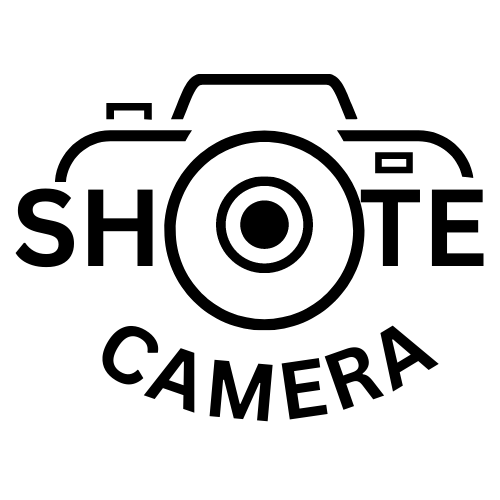How to Access UAF Blackboard
The first thing you must do to access the UAF blackboard is to log in. Then, check the list of file types supported. You must also check out the accessibility tools available in the learning management system. These are all important aspects you should know about before using them. The following guide will help you access the UAF blackboard with ease. You can also check out the customer support services and reviews. You can also get the latest updates and news from the UAF Blackboard website.
Login to UAF Blackboard
To access the UAF Blackboard, you must have a valid UA username and password. To reset your password, visit the password reset link. To reset your password, type your username and password in the fields provided and click the “reset password” button. After resetting your password, you can use the same account to reaccess the system. To learn more about UAF Blackboard, visit its official website.
You must have the required items to log in to your University of Alaska Fairbanks account. These include your username and password and your course ID. You can also use the online portal. The online portal provides various tools that students and instructors can use. Whether a student or an instructor, you can find the right tools for your academic needs on the University of Alaska Fairbanks website.
File types supported
As of Oct. 4, UAF Blackboard supports the following file types: PowerPoint, Word, PDF, and more. Students can upload their files to Blackboard or use cloud storage such as Google Drive, Dropbox, and more. Students can upload multiple files at once and view them directly in Blackboard. Inline grading tools allow instructors to view and comment on uploaded content. Students with disabilities can access content and submit assignments using their preferred file types.
AAM files are starting points for a series of documents. Moreover, AIFF files are uncompressed audio files. Some operating systems restrict the file types you can upload, and browsers may not support all languages. Luckily, Blackboard Learn recognizes many common file types by default. The corresponding browser window opens when a file is recognized. This feature helps faculty share content with students off-campus and on-campus.
Accessibility tools
We’ve added several accessibility tools to make UAF Blackboard content accessible to users of all abilities. Blackboard’s content editor, TinyMCE, uses keyboard shortcuts to create accessible content. Additionally, it cleans up HTML code when copied from Microsoft Office documents. This ensures that people using screen readers can easily consume the content. Adding images, videos, and documents has never been easier! Read on to learn more about Ally.
For instructors who need to make digital course content accessible, Blackboard Ally is a free service that automatically provides students with alternate formats. Instructors can use Blackboard Ally to get feedback on their course materials and learn how to fix accessibility issues. University of Alaska Blackboard users can also utilize the Accessibility Management Platform, which evaluates web and PDF accessibility and provides feedback to prioritize web content accessibility efforts. The platform offers a comprehensive collection of best practices, remediation steps, and downloadable code examples.
Learning management system
The University of Alaska Fairbanks uses Blackboard as a learning management system (LMS). The LMS effectively distributes course materials online 24 hours a day and lets students interact with professors and other students. Students don’t have to create new accounts; they can reset their passwords if they forget them. You can also sign up for a free Canvas trial if you don’t already have one.
You can visit the UAF Blackboard learning management system to learn more about the UAF Blackboard webpage. You’ll also find a list of University of Alaska Blackboard learning management sessions on the university’s website. You can also attend the weekly sessions and demos offered by UAF eCampus. The sessions are free and open to all UAF students. The sessions are facilitated by UAF faculty and provide information about Canvas.


